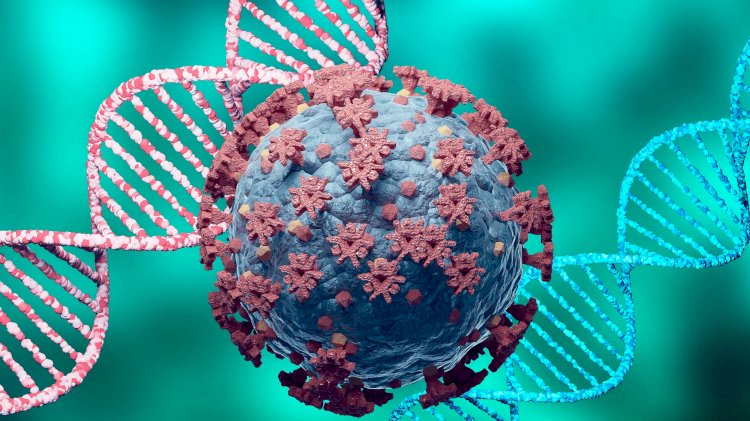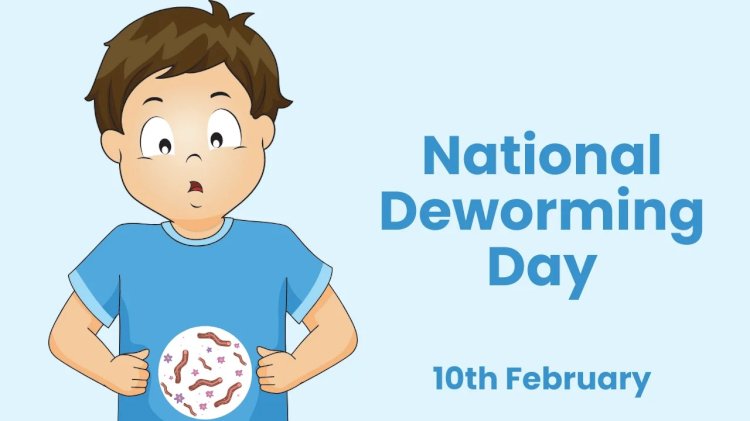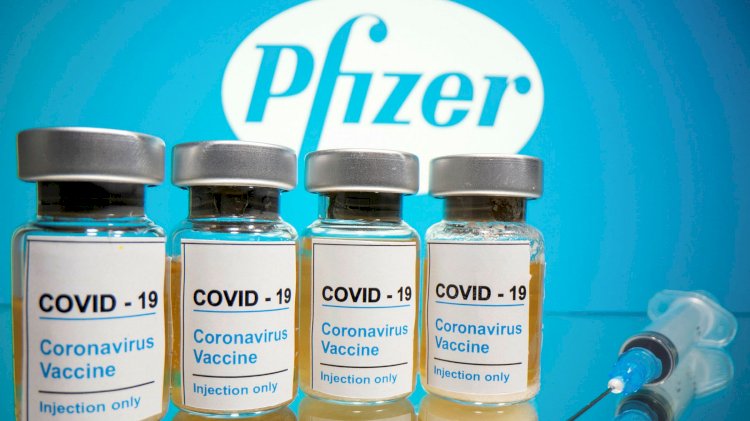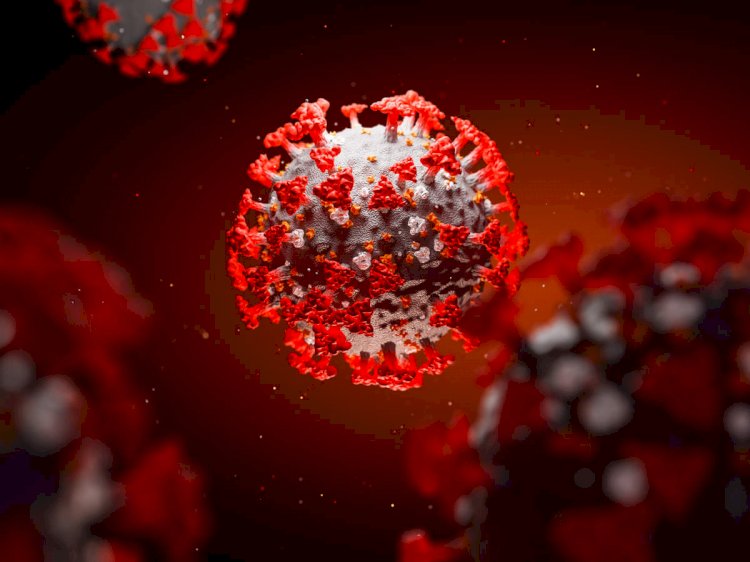JN.1 Variant: A New Chapter in the COVID-19 Saga
The JN.1 variant, a descendant of BA.2.86 and another Omicron strain has recently drawn attention from health authorities. While it currently constitutes a small percentage of COVID-19 cases in the U.S., its unique spike protein mutation raises concerns about potential increased transmissibility and immune evasion. The symptoms of JN.1 align with previous variants, and its contagiousness is still being studied. Despite its relatively low prevalence, the variant is gaining traction in other countries, emphasizing the need for ongoing vigilance. The effectiveness of current COVID-19 vaccines against JN.1 remains hopeful, and preventive measures, including booster shots and mask-wearing, are recommended to mitigate potential risks. As the global fight against the pandemic continues, staying informed and adhering to public health guidelines remain crucial.
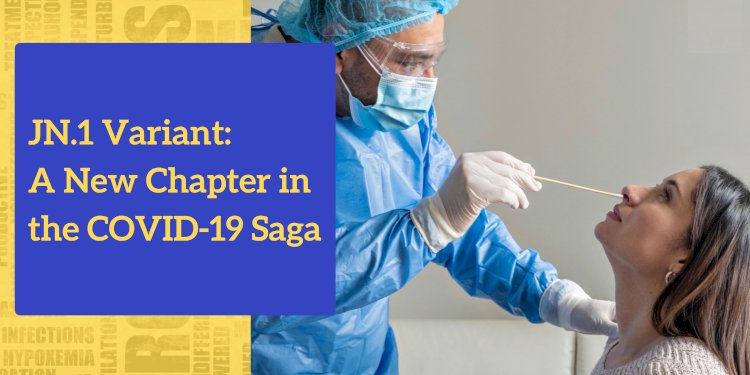
As the world grapples with the ongoing challenges posed by the COVID-19 pandemic, a new variant, JN.1, has emerged on the radar of health authorities. In a recent report from the Centers for Disease Control and Prevention (CDC), concerns have been raised about this variant, which is a descendant of BA.2.86, adding another layer of complexity to the ever-evolving landscape of SARS-CoV-2. In this article, we will delve into the key aspects of the JN.1 variant, exploring its symptoms, contagiousness, potential impact, vaccine efficacy, and preventive measures.
Understanding JN.1:
JN.1 is identified as another Omicron variant, originating from BA.2.86. Infectious disease experts emphasize that JN.1 carries an additional mutation on its spike protein, the crucial component that the virus employs to infect human cells. This raises concerns about its potential impact on transmissibility and immune evasion.
Symptoms of JN.1:
As of now, no substantial data is suggesting that the symptoms associated with JN.1 differ significantly from those of previous COVID-19 variations. Common symptoms include fever, cough, shortness of breath, fatigue, muscle or body aches, headache, loss of taste or smell, sore throat, congestion, nausea, vomiting, and diarrhoea.
Contagiousness of JN.1:
The transmissibility of JN.1 is still under investigation. While its parent variant, BA.2.86, has shown some indications of increased transmissibility, there is uncertainty about whether JN.1 will follow suit. Experts emphasize the need for continued monitoring to assess the variant's behaviour and potential impact on public health.
Should We Be Worried?
At present, JN.1 constitutes less than 0.1% of COVID-19 viruses in the United States, according to the CDC. However, its prevalence is growing in other countries, such as France. The unique spike protein mutation of JN.1, making it more immune evasive, raises concerns about its potential to cause more infections. Vigilance and awareness are crucial, but panic may be premature.
Effectiveness of COVID-19 Vaccines Against JN.1:
The CDC suggests that the spike protein, targeted by current COVID-19 vaccines, remains a focal point for the updated 2023-2024 vaccines. Given the similarity between JN.1 and its parent variant, BA.2.86, experts are cautiously optimistic that the updated vaccines will protect against severe disease caused by JN.1.
Preventing JN.1 and Other Variants:
In the face of an ever-present threat from COVID-19 variants, experts stress the importance of preventive measures. High-risk individuals are encouraged to receive the updated COVID-19 booster, and mask-wearing is advised in crowded indoor settings. Additionally, those who contract COVID-19 should consult with their healthcare providers to determine eligibility for antiviral medications.
Conclusion:
The emergence of the JN.1 variant adds a layer of complexity to the ongoing battle against the COVID-19 pandemic. While uncertainties exist regarding its transmissibility and impact, experts emphasize the importance of remaining vigilant, following public health guidelines and staying informed about developments in the scientific understanding of the virus. The collective efforts of vaccination, preventive measures, and timely medical intervention will play crucial roles in mitigating the potential impact of JN.1 and other variants in the ongoing fight against the pandemic.




